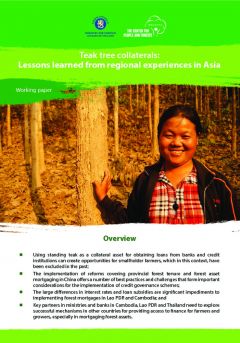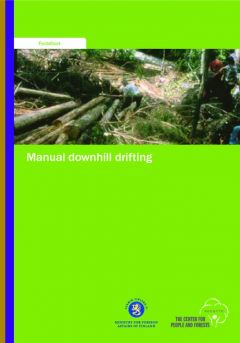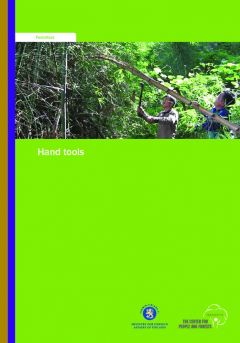Location
RECOFTC
RECOFTC is derived from an abbreviated form of the organization's legal name, Regional Community Forestry Training Center for Asia and the Pacific. Formerly the organization was known as RECOFTC – The Center for People and Forests.
RECOFTC – The Center for People and Forests is an international not-for-profit organization that focuses on capacity building for community forestry in the Asia Pacific region. It advocates for the increased involvement of local communities living in and around forests - some 450 million people in Asia-Pacific - in the equitable and ecologically sustainable management of forest landscapes.
The Regional Community Forestry Training Center for Asia and the Pacific (RECOFTC) opened in Bangkok, Thailand, in March 1987 with support from the United Nations Food and Agriculture Organization, the Government of Switzerland (through the Asian Development Bank), and Thailand's Kasetsart University.
Community forestry is widely acknowledged as a powerful solution for many of the challenges facing local people and the wider society, especially in improving rural livelihoods, enhancing community governance and empowerment, transforming forest-related conflict, protecting and enhancing the environment, and helping to fight climate change. As a capacity-building organisation, RECOFTC improves the ability of people and organisations to conduct community forestry effectively and sustainably.
RECOFTC works toward its mission through four thematic areas:
- expanding community forestry
- people, forests and climate change
- transforming forest conflict
- securing local livelihoods.
Members:
Resources
Displaying 131 - 135 of 485Teak Tree Collaterals: Lessons Learned from Regional Experiences in Asia
This brief gives an overview of how using standing teak as a collateral asset for obtaining loans from banks and credit institutions can create opportunities for smallholder farmers as well discussions on the implementation of reforms covering provincial forest tenure and forest asset mortgaging in China that offers a number of best practices and challenges that can be considered in the implementation of credit governance schemes in the ASEAN region.
A Mapping of Ecosystem Services in Quang Tri and Ha Tinh Provinces, Viet Nam
Goods and services provided by functioning ecosystems contribute directly and indirectly to human welfare and therefore represent a significant, yet often uncounted, portion of the total economic value of the landscape we live in. While there are many ways that humans can value their landscape, the ability to estimate the economic value of ecosystem goods and services provided by a landscape is increasingly recognized as 2
a valuable tool in weighing trade-offs in environmental decision-making and land-use planning.
Appropriate Small-scale Forest Harvesting Technologies for Southeast Asia: Manual Downhill Drifting
Steep-slope harvesting probably poses the biggest challenges in forest harvesting throughout the world. Traditionally, on slopes above 30 percent, gravitational transport is applied in manual harvesting operations by simply sliding logs downhill.
Appropriate Small-scale Forest Harvesting Technologies for Southeast Asia: Hand Tools
Hand tools are the most commonly used for subsistence or household use when harvesting bamboo or fuelwood. Axes, two-man handsaws and other hand tools are presented and discussed in this factsheet.
The WISDOM Analysis Tool: Best Practices
This report gives an overview of the Woodfuel Integrated Supply/Demand Overview Mapping (WISDOM) analysis carrried out under the Sustainable Forest Management and Bio-Energy Markets to Promote Environmental Sustainability and to Reduce Greenhouse Gas Emissions in Cambodia (SFM) project in order to understand the viability of fuelwoodbased businesses in its target community forest (CF) sites and to assess their possible integration into an overall energy plan at the commune level.






